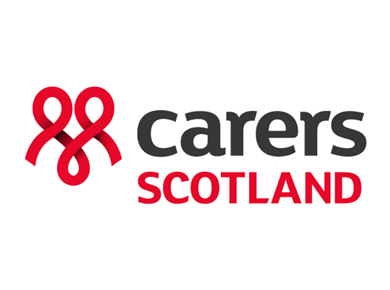Most people's lives will include at least one episode of caring. The 2011 census found that around 3 million people in the UK were combining paid employment with caring for older, disabled or seriously ill family members or friends. However, more recent research from Carers UK estimated that this number has risen to almost 5 million people in the UK, around 1 in 7 people in any workplace.
Furthermore, the outbreak of COVID-19 saw an additional 2.8 million workers taking on caring responsibilities overnight, with many employers estimating that 20-25% of their staff are looking after a loved one outside of work.
How it affects carers
Research has shown that, if unsupported, caring can have an adverse impact on people’s careers. Each year over 250,000 people give up work to care - the equivalent of 600 resignations per day. The consequent loss of skills, talent and productivity creates significant costs for employers. For those remaining in the workforce, caring can result in poorer mental health, higher risk of burnout and financial worries if it is unsupported. Furthermore, recent research by EfC found that over 70% of working carers had felt lonely or isolated in the workplace due to caring responsibilities.
How this impacts your business
Businesses which identify and support working carers benefit from greater staff engagement, improved retention and increased productivity, boosting their bottom line. Centrica, one of the founding members of Employers for Carers, has experienced estimated yearly savings of £1.8 million through reduced unplanned absences. As a consequence of effective carer policies and practice, they calculated a further £1.3 million per annum in retention savings.
With 90% of working carers being 30 plus – employees in their prime employment years – by better supporting carers organisations could save up to £4.8 billion a year in unplanned absences and a further £3.4 billion in improved employee retention.
How EfC helps
Caring is everyone’s business - each of us faces a 50/50 chance of becoming a carer by the age of 50. A key challenge for employers is that carers are often hidden in plain sight and not comfortable or confident talking about their caring responsibilities at work.
For this to change organisations need a dedicated focus on working carers. Creating an environment where carers are seen and valued is a key part of this journey. Whether you are putting together a carer’s policy or building on existing support systems, Employers for Carers have the expertise to help. Through leveraging the specialist knowledge of Carers UK, and the wider Employers for Carers community, your organisation can truly reap the business benefits of supporting working carers.
For more in depth briefings on the business case for supporting working carers download the resources provided below:


